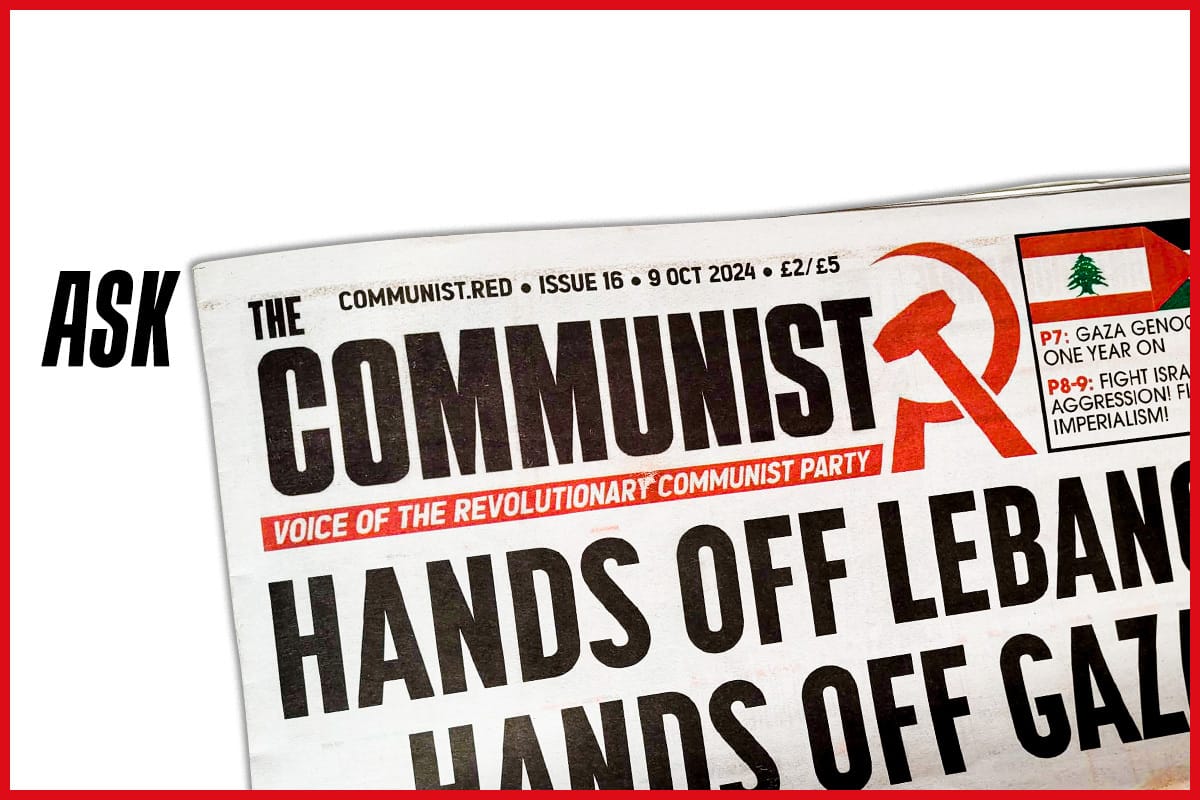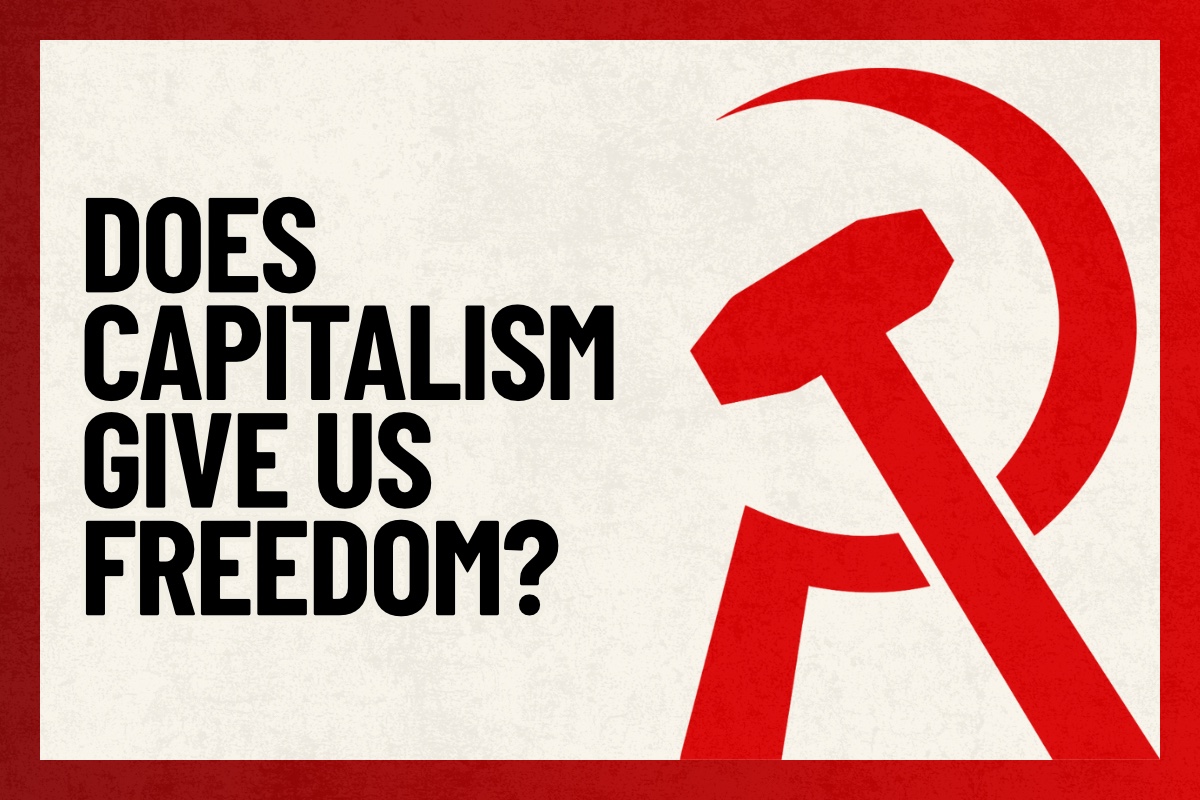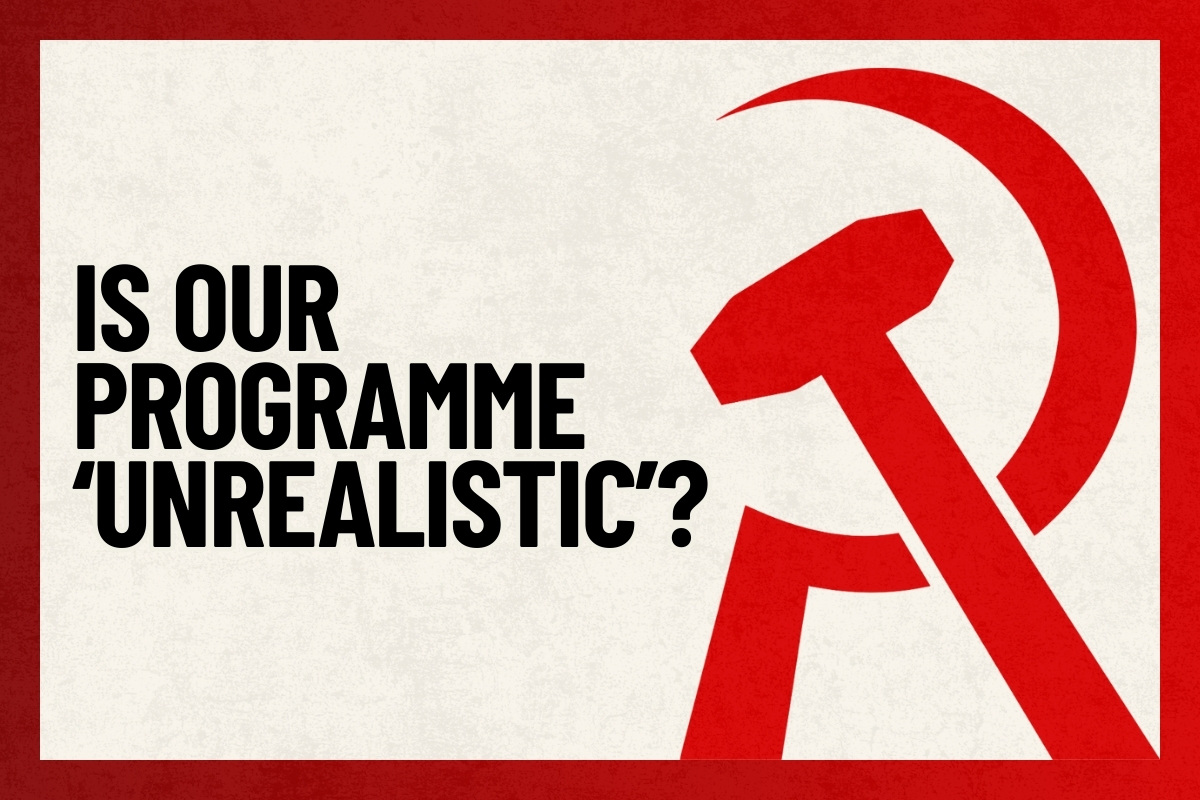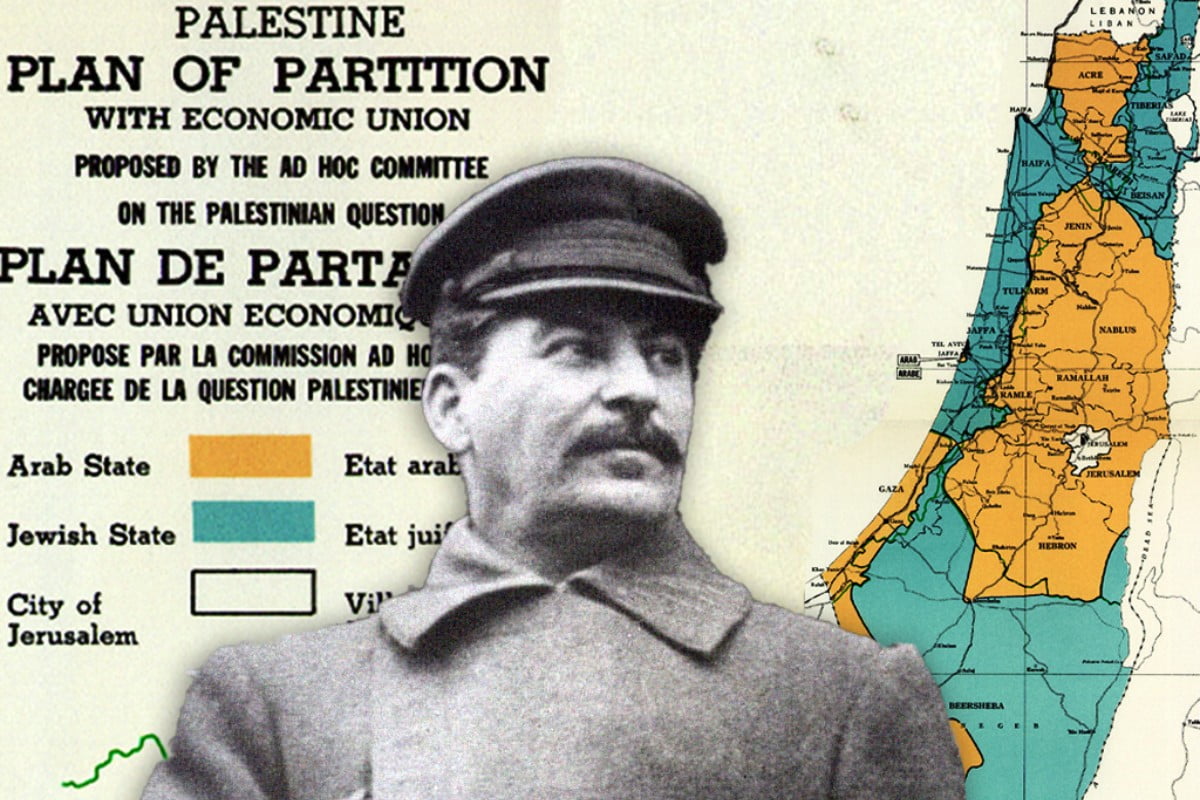Do you have a question about Marxism or party building? Ask The Communist!
Our editorial board will shed some light on your query, and recommend materials for further study.
Below are some of the questions that our readers have been asked at schools, colleges, and university freshers fairs in recent weeks.
Would you call the USSR communist?
We defend the Russian Revolution, the gains of this revolution like the planned economy, and the USSR as a workers’ state.
However, any workers’ state needs the democratic control of the working class in order to advance towards communism.
This democratic control was not present in the USSR, despite its claims to have already achieved socialism and communism.
Instead, a reactionary bureaucracy under Stalin had risen up that represented its own, narrow-minded interests.
This emerged because after the revolution, the USSR was isolated, invaded by twenty imperialist armies, and plunged into civil war.
This, and the existing backwardness of its economy, meant surviving workers had to work very long hours in bad conditions, making mass democratic participation impossible.
Lenin was very clear that the only way the Soviet state could have survived in a healthy way was if a revolution in one of the advanced capitalist countries were to succeed, and provide aid and technical support.
But this did not happen, mainly owing to the mistakes made by the leadership of the Communist International. And so the USSR ended up not being the first step to worldwide socialism.
We recommend Trotsky’s The Revolution Betrayed to help answer this question further.
There is also a talk covering this question at this year’s Revolution Festival.
What is wrong with socialism in one country?
The Stalinist bureaucracy played a negative role, but especially internationally. It was not interested in spreading revolution abroad. In fact, it was threatened by the idea that a healthy workers’ state might give inspiration to workers within the USSR.
Lenin had built the Third Communist International to spread communism abroad following the Russian Revolution. But eventually in 1943, Stalin got rid of it, both to pacify his new western imperialist ‘allies’, and because he saw no purpose in it.
Leon Trotsky, on the other hand, explained that socialism in one country was not possible. Communism means the liberation of humanity from long working hours and scarcity. It therefore requires an advanced economy.
This is only possible on the basis of international cooperation.
The only thing that would have protected the USSR from the threat of imperialism and counter-revolution, in the long run, would have been the overthrow of capitalism internationally through socialist revolution.
That is why real Marxists seek to build a revolutionary international, like we are doing with the Revolutionary Communist International.
The upcoming issue of In Defence of Marxism will have an article on this question.
View this post on Instagram
We also recommend Ted Grant’s book Russia: From Revolution to Counter-Revolution.
What is your opinion on Mao and the Chinese Revolution?
The Chinese Revolution was the second greatest event in human history, behind the October Revolution of 1917.
This revolution overthrew capitalism, landlordism, and laid the foundations for the development of the Chinese economy and working class.
Unlike Russia however, the Chinese Revolution was deformed from the start, and there was no genuine workers’ democracy.
Mao and the bureaucracy based themselves on the model of Stalinism.
Eventually this bureaucracy moved to restore elements of market relations, resulting in the full restoration of capitalism, which is what we see in China today.
We recommend the article ‘The Chinese Revolution of 1949’ by Alan Woods, as well as the book China: From Permanent Revolution to Counter-Revolution.
Why is communism the alternative to capitalism?
The chaos and barbarism we see today is a result of capitalism and class society.
Commodity production and exchange dominate all fields of life, with the means of this production privately owned and operated for profit.
With individual capitalists competing for the largest share of the market, we end up with anarchy, waste, and the absurdity of overproduction. This is what is plunging our society into its present crisis.
Communism offers a way out of this impasse. Unshackling the already-present economic potential from private ownership would allow us to steer it towards producing for the fulfilment of our needs, not profit.
A democratically planned economy controlled by workers and ordinary people could eradicate the scourges of homelessness and hunger overnight.
Imperialist wars of aggression would lose any rationale, as humanity would be set on the path of harmonious progress towards abundance for all.
In changing the economic relations of society, eventually the social relations between people would change. This would lay the foundations for a world free of prejudice and hatred like racism and misogyny.
We recommend Marx and Engels’ timeless classic The Communist Manifesto, which is available alongside the Manifesto of the Revolutionary Communist International.
What role does a communist vanguard party play in the class struggle?
Revolutions are inevitable under capitalism, but the fight for communism will not succeed without revolutionary leadership.
Workers come to revolutionary conclusions at different times – the task of the vanguard party is to find the individuals who already see the need for revolution, and amalgamate them into a conscious and disciplined force.
Trained and educated, this vanguard of the class will be able to translate a communist programme and ideas into practical activity, and lead the rest of the workers towards power when a revolutionary upheaval comes.
This doesn’t mean that we simply sit down, read our books, and wait for the revolution. We must plant our roots in the broader labour movement so that we’re recognised as the most resolute and determined class fighters.
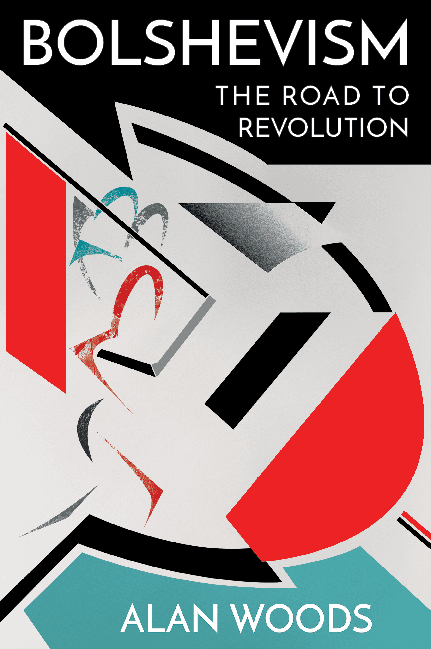
We intervene in strikes, protests, and everywhere else workers and youth are, learning how to raise our ideas and attracting the best to our banner. And in the process, we fight for every genuine reform we can win under the present system.
We won’t shy away from participating in elections, for example, if we can gain an audience for our ideas – while at the same time unmasking the sham of bourgeois democracy.
We will go anywhere where the workers are, and will do anything to raise their consciousness, grow the revolutionary ranks, and offer a communist alternative.
We recommend Alan Woods classic text Bolshevism: The Road to Revolution, which is a masterclass in how Lenin and the Bolsheviks were able to conquer the masses.
For a shorter read, we’d recommend Alan Woods’ article ‘“Why has there not been a revolution?” – The need for revolutionary leadership’.

